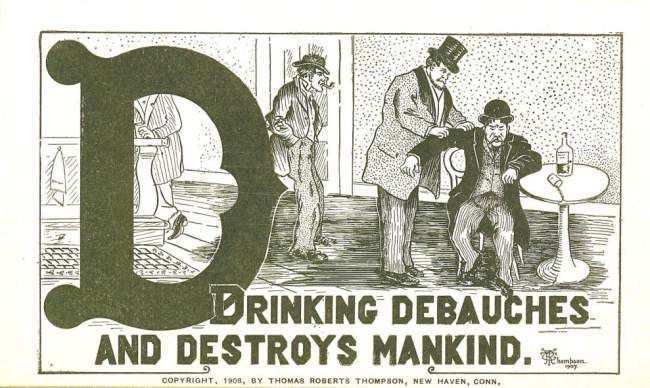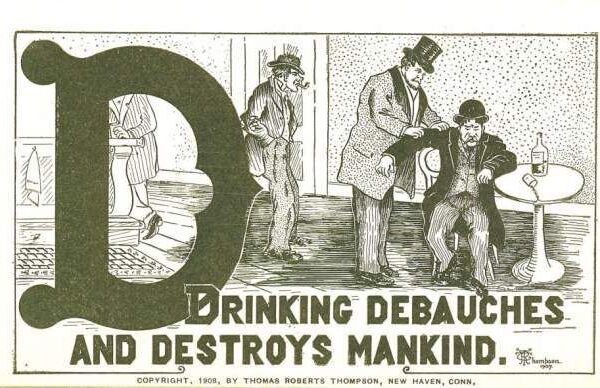A question has been on my mind for a while–what is the place of morality or moralizing language in addiction and recovery?
Not moral?
Bill White has been one of the most influential recovery advocates of the last quarter century. One could argue that, over that time, no one has done more to advance the organization of people and institutions around the goal of stigma reduction.

In pursuit of stigma reduction he’s passionately challenged dehumanizing drug users and the moral model as a causal explanation for addiction. He’s also explored and exposed the consequences of these models. He was also a pioneer in challenging commonly used language as stigmatizing.
All of this is true AND he frequently discusses addiction and recovery in unambiguously morally laden language.
On the mirror faces of addiction and recovery:
Recovery must be as morally redemptive as addiction is morally corrupting, as connective as addiction is alienating. Recovery must be the Janus face of addiction, offering degrees of retrieval for past losses. Daily acts of addiction erode and degrade; daily acts of recovery restore and upgrade. Addiction and recovery involve mirror processes of character deterioration and character reconstruction.
On what he learned in detox:
Here’s what I learned in detox that no other level of care provided with such clarity.
1. Addiction is filthy. It soils the body and soul, shrouding the human being behind a mask of repulsiveness that would challenge a mother’s love.
2. Addiction is profane. It transforms the meek into the brash and obscene.
3. Addiction is poison. It poisons body, mind, and character. . . . Addiction deforms character and fuels hatred, jealousy, resentment, rage, and self-pity.
4. Addiction is anguish. A level of despair is expressed at a level of honesty within detox that is rarely seen in other settings.
5. Addiction is unredeemable shame. In detox, raw feelings of shame and self-hatred pour from the addict, revealing the existential position: I am unworthy of the love of others; I am unworthy of recovery.
6. Addiction is about isolation. It destroys the connecting tissue that binds the addicted person to their parents, siblings, intimate partners, children, friends, and co-workers. No one is as utterly alone as the man or woman walking into pained consciousness in their first day in detox. There is no “we” in addiction.
7. The addict in detox is a Mr. Hyde that transforms into Dr. Jekyll in the transition to other levels of care. Staff working exclusively in detox have only a glimmer of the Dr. Jekyll; staff working exclusively in inpatient and outpatient treatment see only a shadow of the deranged Mr. Hyde.
From: Recovery Rising
On the self in addiction:
The addiction process so empties some of us that we cease being a person. Having lost any semblance of boundaries, hugging us is like trying to hug smoke. Only a masked ghost of our former selves, we exist only as a drug-consumption machine dragging along whatever whisper of our former self that remains. We devolve to a simple organism that has only one function in life—to seek and consume the elixirs that are now the center of our existence. We can no longer assert or protect the self except in service to the drug. The self is empty and its psychological boundaries are now permeable and invisible.
I’m confused!
These apparent contradictions have left me confused.
I tend to think of stigma reduction as an effort to eliminate moral frames. This use of moral language places him outside of the zeitgeist, which is very odd, because he’s a major contributor to the zeitgeist.
My sense is that there are important truths in the efforts to refute the moral model and his insistence on using morally laden language to discuss the consequences and experience of addiction.
So . . . my take has been that this is a dialectic (thesis and antithesis) and I’ve wanted Bill to deliver synthesis for me.
I’ve asked him about it and haven’t gotten a response that really clarified the matter for me. It’s clear that he’s rejecting moral language to explain the causation of addiction, but he seems to assert moral language when discussing the personal and interpersonal consequences of addiction.
As I’ve started to infer this assertion of a moral dimension, I’ve modified my question to “what would be lost if we dropped this moral framing?” I still didn’t get what I was looking for. (Poor Bill. I’m a pretty concrete person. Bless him for his patience.)
Secondhand smoke, moral sanctions and COVID-19
I stumbled onto this article about the behavior changes required to reduce COVID-19 transmission and what we might learn from behavior changes around smoking.
The author recalls the days when it was normal to smoke in classrooms, airplanes and restaurants. He muses about how those norms changed within a generation.
The answer, I think, is that research on secondhand smoke took an individual (perhaps foolish) choice and moralized it, by emphasizing its effects on others. It was no longer simply dumb to smoke; it was immoral. And that changed everything.
Psychologist Paul Rozin has studied the process of moralization. When activities get moralized, they move from being matters of individual discretion to being matters of obligation. Smoking went from being an individual consumer decision to being a transgression.
He goes on to link this to behavioral obligations to reduce disease transmission. (Masks, for example.)
This got my attention off the person with addiction and onto the harm addictive drug use does to others.
Moral obligations in addiction?
This movement from individual discretion to a moral obligation got me thinking about what obligations people with addiction have.
I am a father, husband, son, neighbor, employee, teacher, community member, etc. All of these roles involve others. My mental status, my wellness, my focus, etc, all affect my performance in those roles and, therefore, affect others. I have obligations to them.
It is the hope (and sometimes the delusion) of many people with addiction that they are only harming themselves. Unfortunately, no person is an island, and it’s just not so.
Of course, some obligations are great and others are small. Some people are more affected than others, and the impact will vary widely. Some role failures can be devastating to others, while other role impairments may be an annoyance, inconvenience, or imposition.
So . . . if I have a treatable cancer that impairs my ability to fulfill my obligations to my children, do I have a moral obligation to treat it and try to get well? I believe I do.
Is that contingent upon it being a physical illness? I don’t think so. I’ve suffered from severe depression earlier in my life. (I had no idea how it affected others.) If I had a recurrence and it affected my ability to care for my children physically, emotionally, and financially, would I have a moral obligation to treat my depression and try to get well? I believe I would.
Is it a moral obligation failure if the treatment fails? No.
Is it a moral obligation failure if I don’t accept treatment? I think so. (Symptom severity may mitigate this.)
Does my moral obligation require that I accept only one treatment plan (pathway) selected for me by others? No.
It’s worth noting that whether I had any responsibility in the development of illness isn’t at issue and would be irrelevant.
What would we lose?
So . . . I’ve gotten my head around a place for morality in discussions of addiction and recovery. But, when the moral model of addiction has caused so many problems, why preserve a moral dimension at all?
Here are my initial, undeveloped thoughts:
Discussions about moral obligations in the context of addiction usually focus on social obligations to addicts. I believe society has moral obligations to people with addiction (and I believe we fail to meet those obligations), but to stop there infantilizes addicts and denies them agency.
A colleague in an adolescent program once said, “you can view these kids as victims, predators, or resources.” Denying their agency leaves them as victims rather than resources.
Addiction does real damage to family, friends, community, etc. Restoration of people with addiction requires acknowledging that damage. Even if one questions the addict’s responsibility for those harms, humans seem to be wired in a way that requires acknowledgment of harms done, an expression of remorse, lessons learned, and an offer of accommodation (amends). Eliding this damage at an individual or cultural level would approximate gaslighting.
Finally, Bill’s focus with this language is often on what addiction does to the self–to their character and their capacity to connect with and maintain reciprocal, growth-fostering relationships with others. If we fail to acknowledge that we risk capping their growth and the “return to self” and “better than well” experience.
